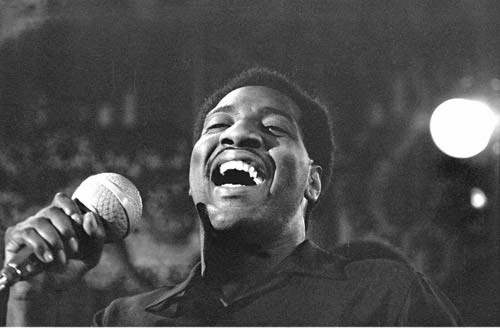As the 66th Annual Grammy Awards unfolded over the weekend, many names associated with Memphis and the Mid-South were among the winners, including musicians, songwriters, producers, engineers, and writers.
If award-winning music creators are already a well-established Bluff City tradition, the music writing being done here is quickly becoming another of the city’s music industry exports. In 2021, the Commercial Appeal‘s Bob Mehr won the Best Album Notes award for the writings he penned for Dead Man’s Pop, a collection of music by The Replacements, and scored another win last year for his notes in the deluxe edition of Wilco’s Yankee Hotel Foxtrot, co-produced by Cheryl Pawelski of Omnivore Recordings.
This year, it was Robert Gordon’s and Deanie Parker’s turn to take home the Best Album Notes prize — for yet another Pawelski project, Written in their Soul: The Stax Songwriter Demos, Craft Recordings’ seven-CD collection offering a glimpse into the the rare songwriting demos of Stax Records in its heyday. Profiled in the Memphis Flyer last summer, the collection is an intimate portrait of the men and women who wrote the songs of the pioneering soul label. The same box set, produced by Gordon, Parker, Pawelski, Michele Smith, and Mason Williams, also won the award for Best Historical Album.
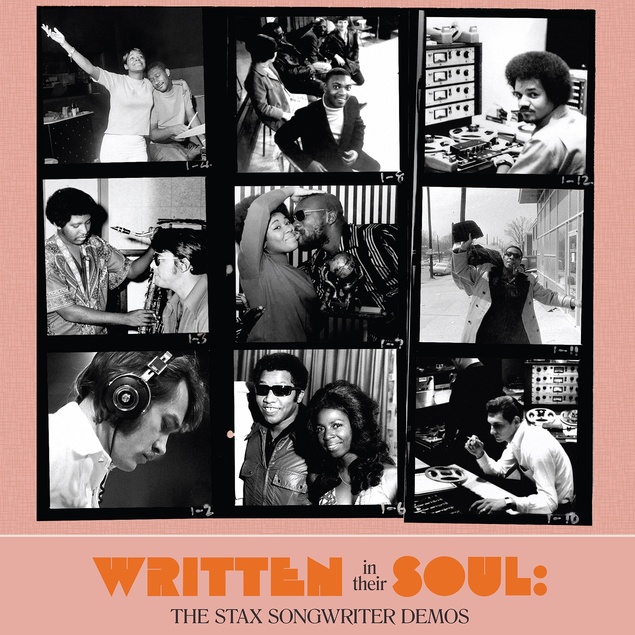
It’s a subject that’s been thoroughly researched by Gordon, who also won a Grammy in 2011 for notes accompanying Big Star’s Keep An Eye on the Sky box set before penning the book Respect Yourself: Stax Records and the Soul Explosion in 2013. But if Gordon knows Stax, co-writer Parker outdid him with her eyewitness accounts, having worked at Stax through most of its existence and even serving as a songwriter there herself.
Over the past 20 years, Parker has also championed the creation of the Stax Museum of American Soul Music, the Stax Music Academy, and the Soulsville Foundation, as celebrated in this 2023 Memphis Flyer story. Thus her Grammy win was an important tribute to one of the label’s key behind-the-scenes players, and as the co-producers of the set gathered onstage to receive the award, they naturally deferred to Parker to speak on their behalf.
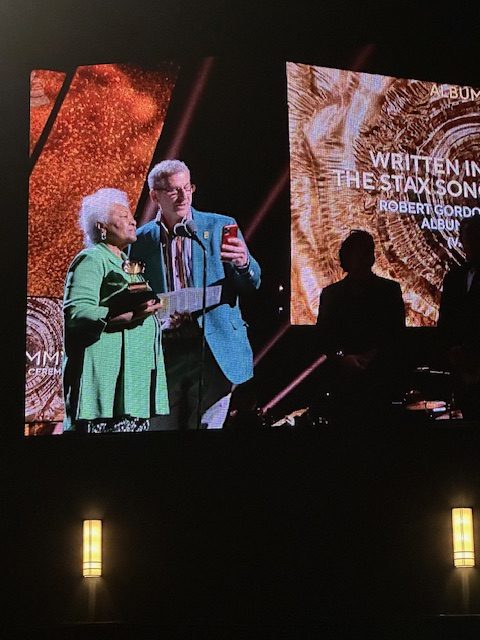
“Stax founders Jim Stewart and his sister Estelle Axton gave the Stax songwriters a racially integrated paradise where they were encouraged to discover and develop their authentic talents by Al Bell,” Parker said while accepting the award. “This set highlights some of Stax’s and America’s most talented rhythm and blues songwriters: Eddie Floyd, William Bell, Steve Cropper, Homer Bates, Mack Rice, Bettye Crutcher, Bobby Manuel, and Henderson Thigpen.” After thanking the Recording Academy and her fellow co-producers, she also gave a nod to local artist Kerri Mahoney for designing the look and layout of the box set, before concluding with a warm acknowledgment of “the remarkable visionary and producer, Cheryl Pawelski.”
Another non-performing contributor to Grammy wins was Matt Ross-Spang, who engineered on Weathervanes, the Best Americana Album winner by Jason Isbell & the 400 Unit, and who co-produced and mixed Echoes Of The South, the Best Roots Gospel Album winner by the Blind Boys Of Alabama, at his Southern Grooves studio in the Crosstown Concourse.
Beyond the scribes, historical producers, and knob-twiddlers, musical artists from Memphis also made a strong showing at this year’s ceremony. While Memphis has always loved native daughter Julien Baker, it seems all the world loves boygenius, her band with fellow singer-songwriters Phoebe Bridgers and Lucy Dacus. Their 2023 album The Record garnered six nominations, and ended up winning Best Alternative Music Album, with the group also scoring Best Rock Performance and Best Rock Song wins for the single “Not Strong Enough” — featured in this week’s Music Video Monday.

When boygenius, decked out in matching white suits, accepted their second award, Baker wore her heart on her sleeve. “All I ever wanted to do in my life was be in a band,” she said, visibly shaken with emotion. “I feel like music is the language I used to find my family since I was a kid. I just wanted to say thank you to everybody who ever watched me play.”
Bobby Rush, based in Mississippi but with longstanding ties to Memphis (and awarded an Honorary Doctorate of Humanities by Rhodes College), also saw his latest work celebrated, with his 2023 album All My Love For You winning Best Traditional Blues Album. He too was eloquent in his gratitude. “I treasure this, and honor Muddy Waters, B.B. King, Tyrone Davis, Johnnie Taylor, all the guys coming before me that I looked up to…thank you, thank you, thank you.”
Finally, while not winning as a performing artist, the legendary DJ Paul was a towering presence onstage as Killer Mike accepted awards for, Best Rap Album, Best Rap Performance, and Best Rap Song. He co-wrote his track, “SCIENTISTS & ENGINEERS,” with DJ Paul (aka Paul Beauregard), Andre Benjamin, James Blake, Tim Moore, and Dion Wilson. In winning the latter category, Killer Mike and his collaborators edged out another Memphis talent, producer Tay Keith, who was among the songwriters for the Grammy-nominated track “Rich Flex” by Drake and 21 Savage.
Right out of the gate, Killer Mike acknowledged his colleague from Memphis as they stood together at the podium. “I’m from the Southeast,” he said. “Like DJ Paul, I’m a Black man in America. And as a kid, I had a dream to become a part of music, and that nine-year-old is excitedly dancing inside of me right now… I want that thank everyone who dares to believe that art can change the world.”
DJ Paul, of course, has long been an integral player in the Oscar-winning Three 6 Mafia, and is an active solo artist and producer to this day, as profiled by the Memphis Flyer here. His old crew included the late Gangsta Boo, who was honored during the In Memoriam segment of the ceremony. Wayne Kramer of Detroit’s MC5, whose appearance on Joecephus & the George Jonestown Massacre’s Call Me Animal album was likely his last released recording before his death on February 2nd, was also remembered in the segment.
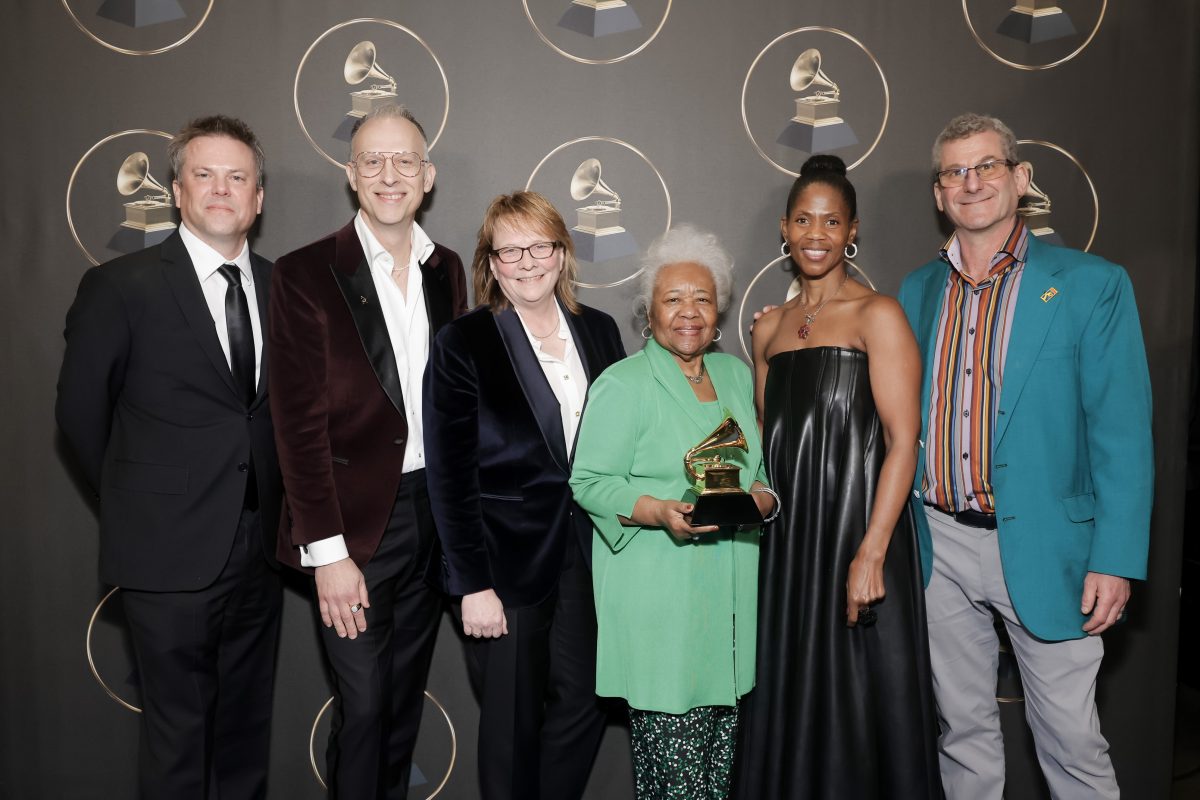
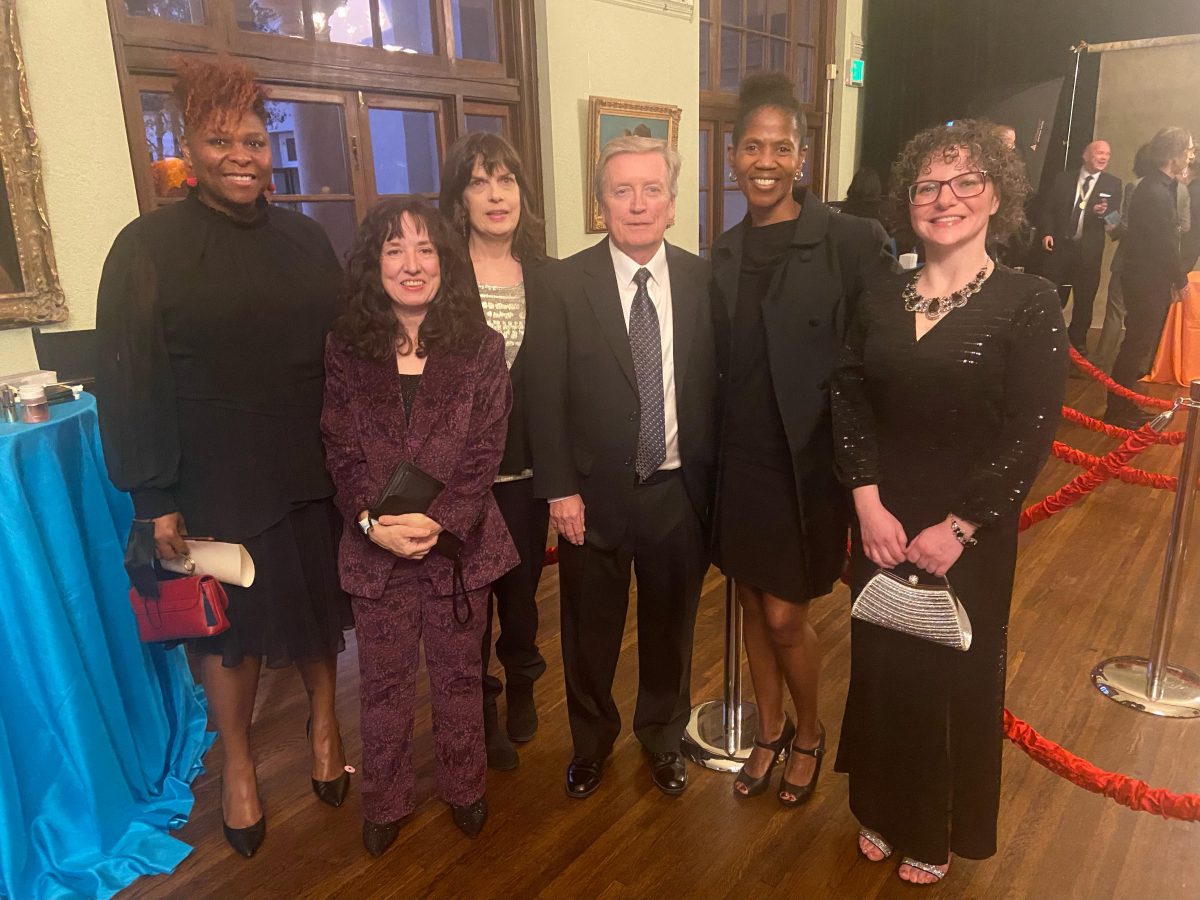
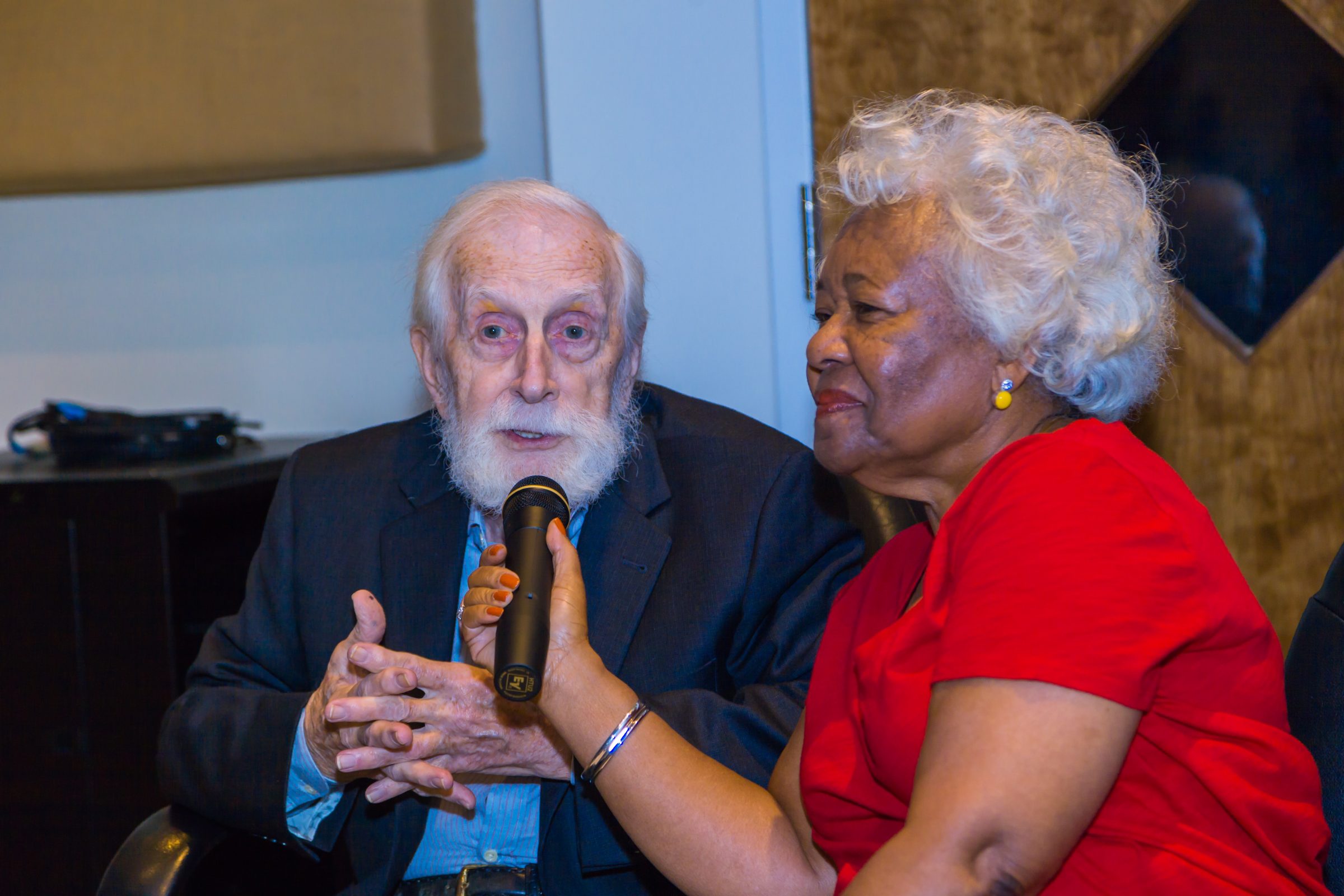
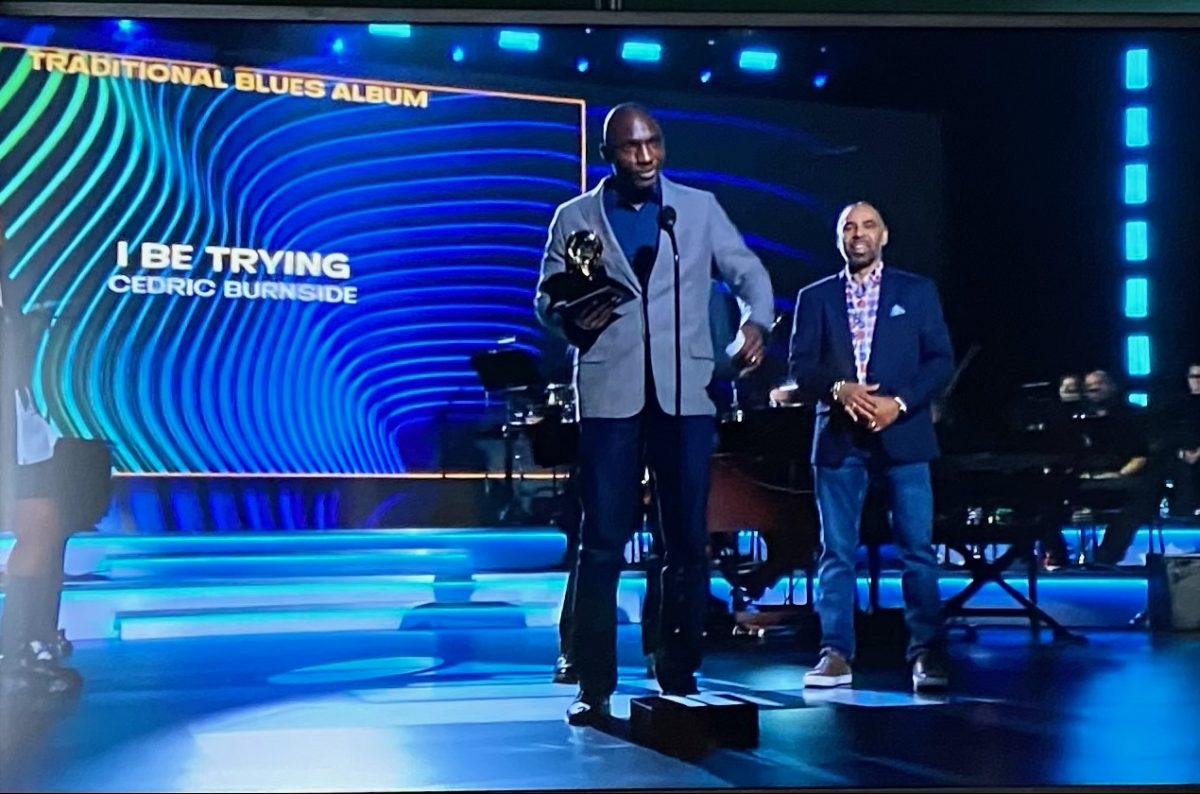
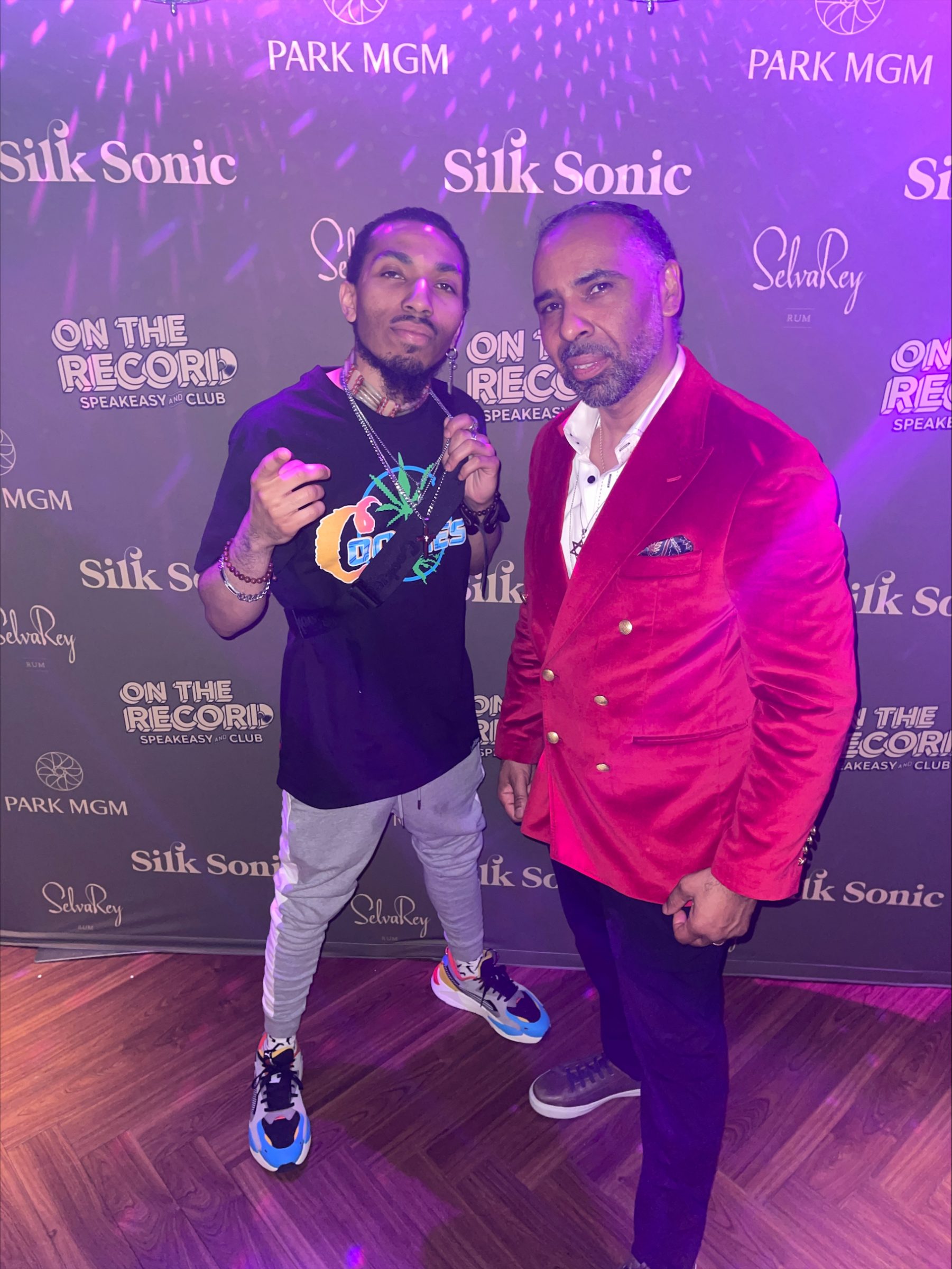

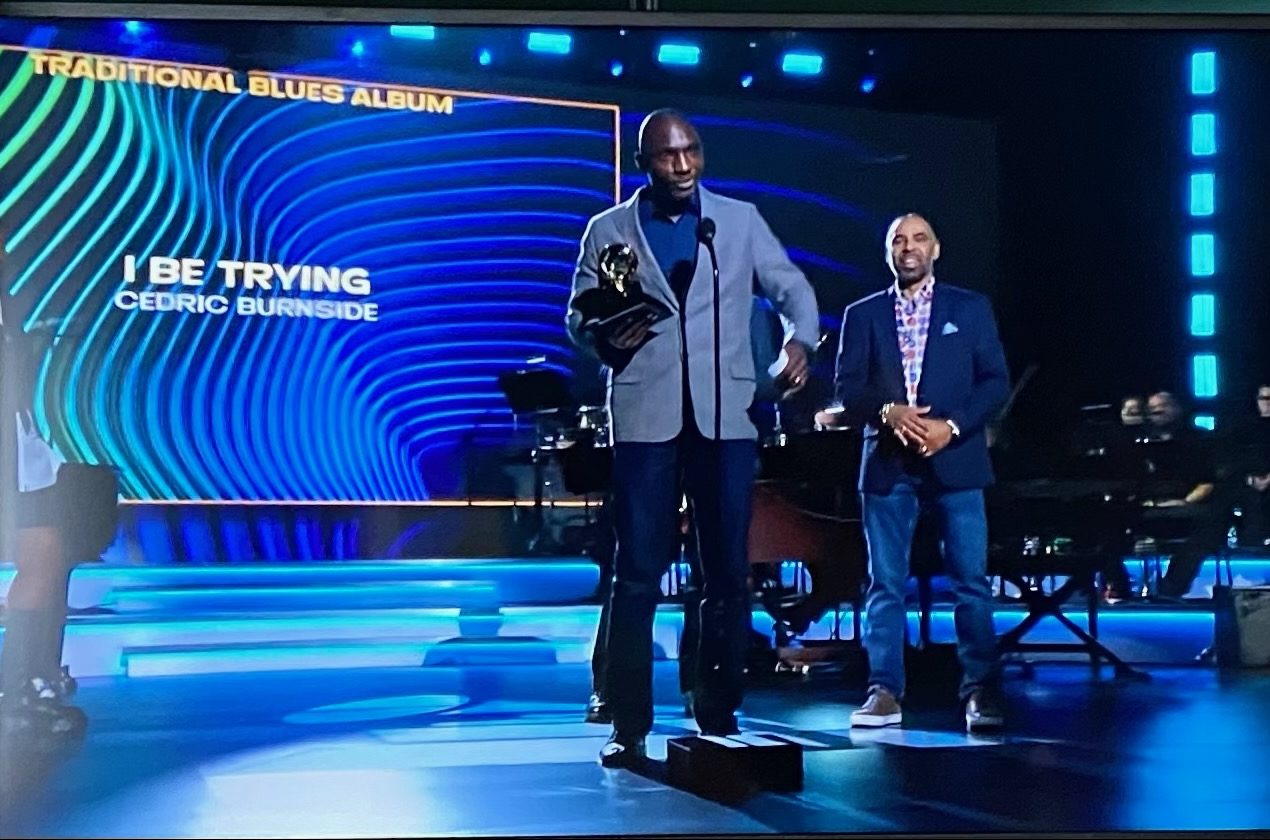
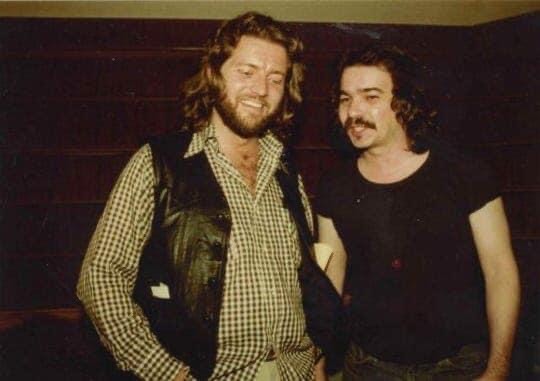 Diane Duncan Phillips
Diane Duncan Phillips 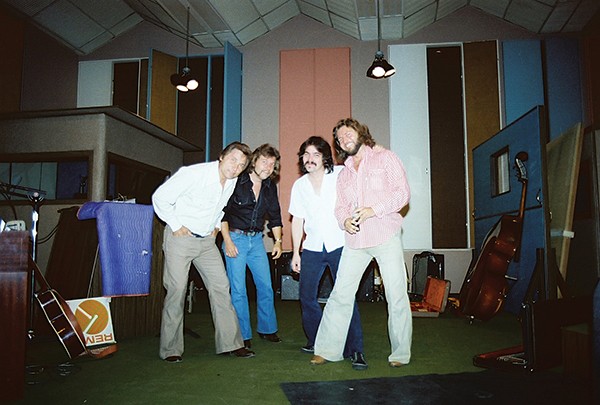 Diane Duncan Phillips
Diane Duncan Phillips 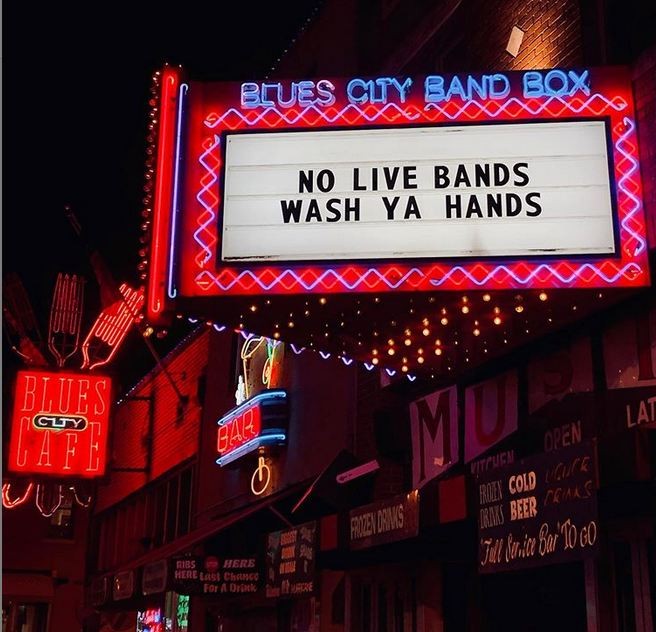 Courtesy Blues City Cafe
Courtesy Blues City Cafe 

